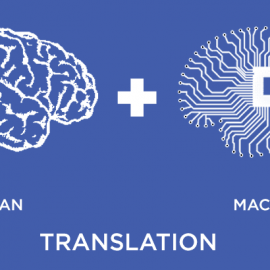
German is the native and official language for residents of Germany, Austria, Switzerland. It turns out that it is German and spanish to english that is the fourth most common language of Internet communication in the world after English, Russian and Japanese.
It belongs to the Germanic language group along with English, Swedish, Norwegian, Danish, as well as Scottish, Icelandic, Frisian and other less common languages today. Therefore, interference – the process of mutual inhibition of skills – is especially common when learning English and German at the same time, when the words of one language are confused with the words of another.
The literary German language was formed on the basis of the High German dialect (dialect), hence the name of the modern language of Germany – Hochdeutsch or High German. It is also called “Federal German” or Bundesdeutsch. Martin Luther played a huge role in the emergence of proper literary German, translating the Bible into German at the beginning of the 16th century. Over the next 100 or so years, the German language that we study today was largely shaped grammatically and orthographically.
It sounds very different from the German spoken by the Austrians or the Swiss. The Austrian version of the German language, due to the greater influence of the Slavic languages on it, compared to High German, sounds much softer and more melodic.
In contrast to High German, there is a Low German dialect spoken by people in northern Germany, the northeast of the Netherlands and Denmark. That is, it is important to remember that the German language, like almost all other European languages, unlike Russian, is heterogeneous, which is why it became necessary to “appoint” one of the dialects as an official, literary, understandable to all native speakers of the German language and accepted in as a common language.
However, do not be surprised that in different provinces of the same Germany, not to mention Austria, Switzerland or Liechtenstein in a store, on the street or in a cafe, you will encounter difficulties in understanding the German language. German sounding on the street will in any case be different from the official German that you studied in the courses. Attempts to simplify and unify the German language led to its reform in the 90s of the 20th century, but most of the simplifications have not yet taken root in colloquial speech.


